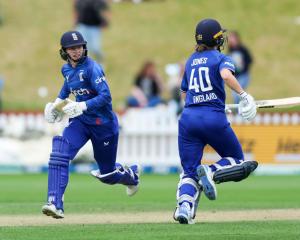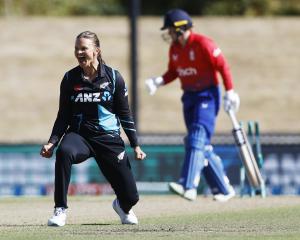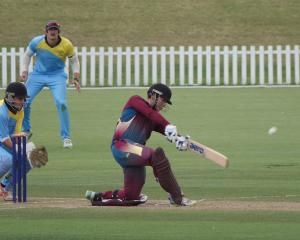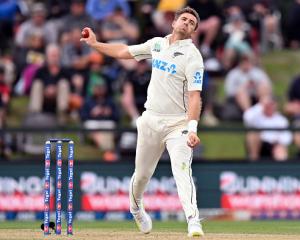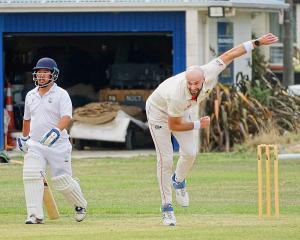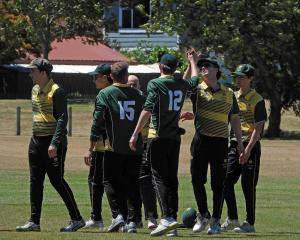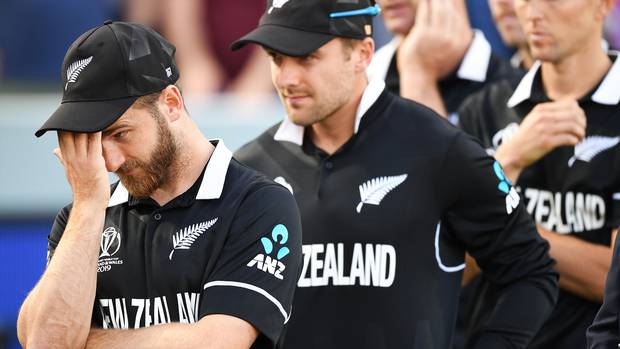
News this morning that Spark has won the cricket rights leaves die-hard fans in the awkward position of needing two subscriptions to catch all the action.
Spark's victory in the NZ Cricket bidding war comes after Sky's announcement that it had signed a six-year deal for the Australian cricket rights, which includes the Black Caps tours in 2019/20 and 2020/21, along with all Men's and Women's International matches that will be played in Australia and BCCI (India).
This essentially splits the cricket coverage between two broadcasters and does complicate matters for those who don't want to miss a match – particularly one as monumental as the first Boxing Day test between the Australia and New Zealand since 1987. This also applies to fans of the Ashes and the hugely popular IPL.
The question now is how much Spark will be charging customers for access to the cricket from next year.
Spark announced this week that 186,000 subscribers had signed up for the Rugby World Cup. However, keeping those subscribers loyal has always depended on the company winning other sporting events beyond the Rugby tournament.
Spark Sport boss Jeff Latch has made no secret of his intention to nab season-long A list sports, like cricket, in a bid to keep viewers hooked onto the service.
With the two giant slogging it out, the cost of sporting rights look set to escalate as the rights owners look to get the best price in the bidding war.
Spark is said to have paid $13 million for Rugby World Cup rights (the telco won't confirm or deny), with $1m defrayed via its partnership with TVNZ.
And a recent Forsyth Barr research report estimates Sky spends at least $106m a year on sports rights - around $65m on rugby, $30m on league and some $10m on netball.
It's unclear at this stage what the company has paid for the cricket rights, but they wouldn't have come cheap.
And as the cost of securing rights continue to escalate, it is at possible that some of that could eventually be passed onto customers.
One thing that's clear is that today's announcement has already hit Sky, with the company's share price dropping 7c to a record low immediately after the market opened.
Sky TV boss Martin Stewart previously drew a line in the sand, saying that the company not easily allow itself if be outbid again.
"If someone outbids us, they're going to go broke," he said.
Stewart previously told the Herald that Sky had "dropped the ball" in losing the Rugby World Cup rights to Spark and that it would not happen again.
It has now happened again and it shows that Spark is taking its sports play very seriously.
- With Chris Keall




